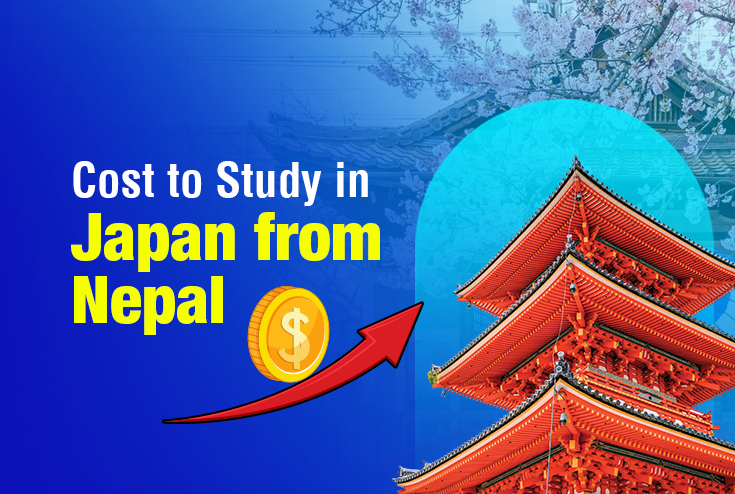.png)

Introduction
Japan has emerged as a premier destination for international students, offering an unparalleled blend of world-class education, cutting-edge technology, and rich cultural experiences. For Nepali students seeking global opportunities, Japan presents a unique and transformative educational journey. This comprehensive guide will delve deep into every aspect of studying in Japan, from financial considerations to academic opportunities, ensuring you have all the information at your fingertips.
Japan's education system is renowned worldwide for its:
Specialized Institutions
University Dormitories
Private Apartments
Shared Apartments
Host Family Accommodation
Monthly Expense Calculation
National Health Insurance (NHI)
Government Scholarships
University-Specific Scholarships
Private Organization Scholarships
Student Visa Requirements
Studying in Japan is an investment in your future. While the financial requirements might seem challenging, strategic planning, scholarship opportunities, and a proactive approach can make your Japanese education dream achievable.
1. Is studying in Japan expensive for Nepali students?
Costs vary, but with proper planning and scholarships, studying in Japan can be affordable. Annual expenses range from NPR 1,000,000 to 2,500,000.
2. How hard is it to get a scholarship in Japan?
Challenging but possible. MEXT and JASSO scholarships are competitive. Strong academic performance, language skills, and a compelling application are key.
3. Can I work while studying in Japan?
Yes, international students can work up to 28 hours per week during academic terms.
4. Do I need to know Japanese to study in Japan?
Language requirements vary. Some programs are in English, but Japanese language skills significantly enhance your experience and opportunities.
5. What are the best universities for international students in Japan?
Top choices include:
Disclaimer: Costs and information are approximate and subject to change. Always verify current details with official sources and specific institutions.
Also Read:

Are you dreaming of studying information technology in one of the world's most technologically a...
Read MoreAre you dreaming of pursuing business education in one of the world's most advanced economies? J...
Read More
Every year, more than 240,000 international students choose Japan for higher education, and a rising...
Read More
Japan is increasingly becoming a top destination for higher education among Nepalese students. With...
Read More

Begin a transforming journey with Asahi and
Take off with
passion and self-assurance.
ⓒCopyright 2025 Asahi . All rights reserved | Powered By:Communicate